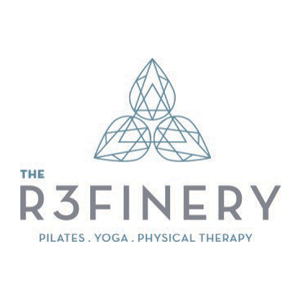Join Our Team
The ideal candidate for this position will be a NJ licensed therapist that is able to work with a variety of populations using sound clinical theory and judgement. Niche and specialty experience are preferred. Presence of Mind Therapy prides itself on holistic healing via the mind-body-spirit connection and so licensed therapists with an interest in or having additional training in alternative healing modalities are encouraged to apply.
Our therapists are empathetic, passionate about altruism, and ethically sound. Experience in the field is required, however we will help you achieve your clinical goals through supervision and mentorship. Therapists will build their case load as referrals become available to a part time or full time caseload. Therapists will be paid as W2 employees receiving a fee for service rate for each client seen. Therapists will see a combination of in-person, remote, and group clients. Therapists will work from our Scotch Plains and/or Summit location.
Vision of Presence of Mind Therapy: Our specialty is to empower adults and young adults struggling with inner conflict.
Core Values
1) To be present with ourselves, our client’s, and in all that we do.
2) To practice acceptance with ourselves and others, free of judgement.
3) We will connect with compassion.
4) To embody social responsibility for conscious living.
5) To maintain the health of ourselves, our communities, and the planet.
Our purpose and passion: To help clients evolve personally so that collectively we thrive.
Job Responsibilities
To establish and maintain a relationship with clients, colleagues, and supervisor of mutual respect, acceptance, safety, and trust.
To gather and interpret social, personal, environmental, and health information of clients, compliant with HIPAA and practice policy.
To evaluate and treat problems within intern’s scope of practice using 1:1 and group psychotherapeutic intervention.
To facilitate cognitive, affective, and behavioral changes consistent with treatment goals.
To identify appropriate resources and connect client with additional services as necessary.
To collaborate effectively with practice supervisor and other social work or allied professionals, when appropriate.
Job Duties
To complete intake assessment of 1:1 and group clients.
To create and update treatment plans for each client until termination by working with the client to create achievable goals.
To evaluate the effectiveness of treatment services through regular 1:1 and group sessions.
To develop group curriculum that best meets the needs of the community.
To advocate for marginalized populations and people in need by promoting the services of the practice to community members in person, via social media, and via professional referrals.
To keep detailed HIPAA complaint notes of every client and supervision interaction.
Supervisor for the position: Maureen Schafer, LCSW is the founder, lead therapist, and Certified Supervisor at Presence of Mind Therapy. Maureen is a Licensed Clinical Social Worker. Clinical social work is the professional application of social work theory and methods to the diagnosis, treatment, and prevention of psychosocial dysfunction, disability, or impairment, including emotional, mental, and behavioral disorders.
The post Join Our Team appeared first on Presence Of Mind Therapy.






















Share On: